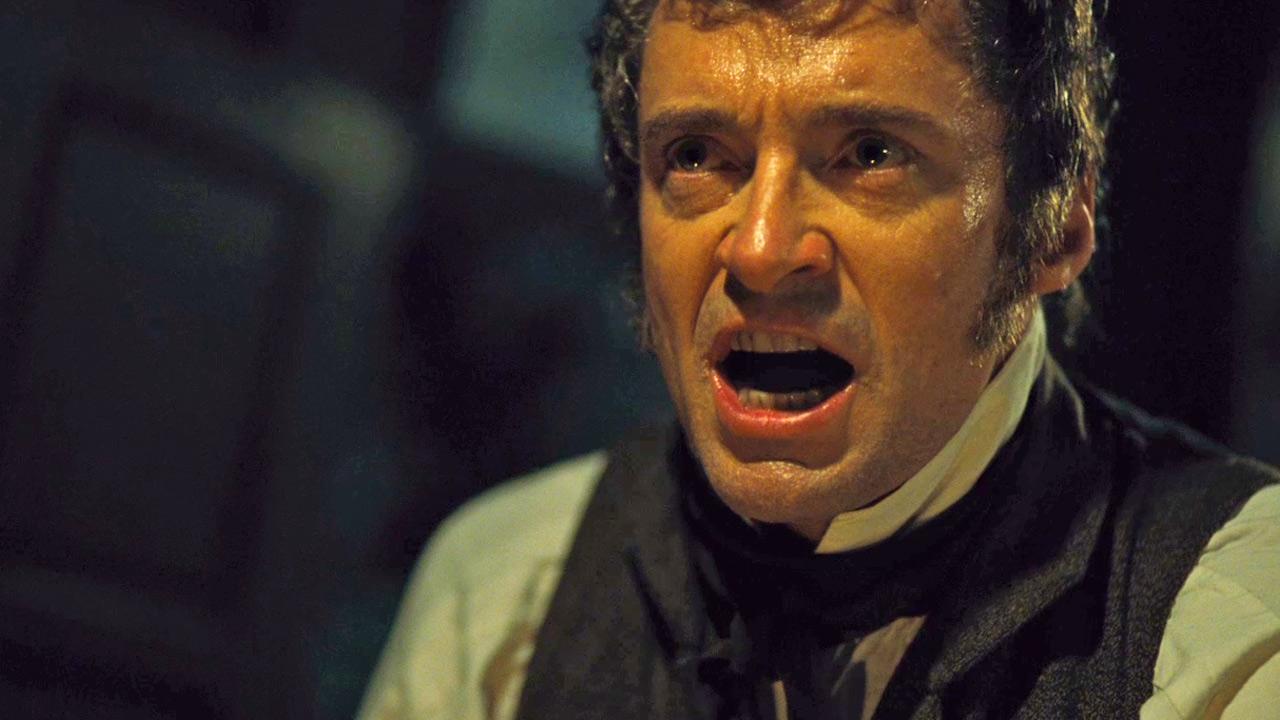BBC's Les Misérables to ditch the 'appalling' singing of the film
'War and Peace' writer Andrew Davis aims to next adapt Victor Hugo's classic novel for the BBC.

Your support helps us to tell the story
From reproductive rights to climate change to Big Tech, The Independent is on the ground when the story is developing. Whether it's investigating the financials of Elon Musk's pro-Trump PAC or producing our latest documentary, 'The A Word', which shines a light on the American women fighting for reproductive rights, we know how important it is to parse out the facts from the messaging.
At such a critical moment in US history, we need reporters on the ground. Your donation allows us to keep sending journalists to speak to both sides of the story.
The Independent is trusted by Americans across the entire political spectrum. And unlike many other quality news outlets, we choose not to lock Americans out of our reporting and analysis with paywalls. We believe quality journalism should be available to everyone, paid for by those who can afford it.
Your support makes all the difference.Following the resounding success of the BBC's adaptation of War and Peace, scriptwriter Andrew Davies promised to next take on Victor Hugo's classic novel Les Misérables for the channel. Because, if there's any way to top the misery rife within Russian literature, it's a novel which literally boasts "miserable" in its title.
Davies' wanted one thing to be made clear, however. Though the 1980s musical adaptation of the 19th century novel is the longest-running in the West End, and spawned 2012's Oscar-nominated film by director Tom Hooper, Davies' adaption will entirely be constricted to Hugo's original vision. That means strictly no singing.
"I hated, particularly, the film of the musical because the singing was so appalling," he told The Telegraph. "And I did not really find myself bewitched by the stage musical but then, so many people can’t be wrong."
"It’s another big epic story and I thinking people will be surprised that there is so much more to it than they maybe realise," he said of his interest in the novel. "It’s an immensely powerful story about appalling levels of poverty and deprivation and how people transcend it, it’s about redemption and revenge and the extraordinary relationship between Jean Valjean and a little girl he brings up. The pursuit of Javert, the indomitable detective who lets it get personal is classic film noir."
He's admitted he's yet to start work on a script, though he has mapped out a structure for the series which he hopes will once more find its place on BBC One's prime Sunday evening slot. It's highly likely that will happen, considering War and Peace attracted one of Hollywood's biggest producers, Harvey Weinstein; and Davies' drift into a more familiar territory to general audiences, thanks to the musical, will only further the show's potential appeal.
"Harvey Weinstein said we could do this with or without the BBC," Davies stated. "There are so many places you can go these days. But I would always want to be on the BBC on a Sunday night. It’s my absolute favourite place to be."
"They would be silly not to go for it but they might think it’s been done too many times. Weinstein is keen to co-produce which means bringing in a huge chunk of American money, which is key as it needs to be done well."
Davies had previously adapted Bleak House and Vanity Fair, as well as the BBC's acclaimed 1995 version of Pride and Prejudice, starring Colin Firth.
Join our commenting forum
Join thought-provoking conversations, follow other Independent readers and see their replies
Comments